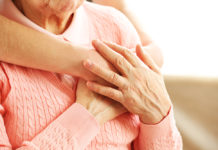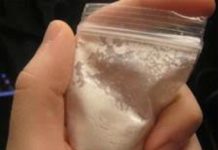Drug addiction treatment is the process of psychological or medical intervention to treatment for dependence on addictive substances like alcohol, narcotic drugs, and illicit street drugs like cannabis, crack cocaine, heroin, or methamphetamine. It usually involves the use of different forms of drug treatment, which are often not considered in the early stages. It is the main reason for the rising number of drug-related crimes, including murders and drug-related suicides. There are various forms of addiction treatment, from medical or mental programs to residential and group therapies. The most common form of treatment is residential rehabs, where addicts get treatment as part of an extended stay. These centers typically involve a combination of residential treatment, counseling and sometimes medical and psychological care. Group therapies usually include family members and friends who provide emotional support, as well as professional counselors and therapists.
Substance abuse treatment can also include the use of medication, or chemical alternatives to drugs. This type of treatment focuses on dealing with the physical and behavioral effects of drug abuse and addiction. Many people suffering from substance abuse seek treatment to deal with withdrawal symptoms and to help control substance abuse and addiction. There are also residential rehabilitation centers and outpatient programs that offer drug rehab programs to those who don’t want to go to rehab but just need to deal with the effects of addiction. They include medication substitution therapy, social networks as well as detoxification programs.
All of these residential drug treatment programs are focused on the long term recovery of the patient. One of the key elements of these programs is the individual’s commitment to recovery and his willingness to be open and honest with his doctors about his past life and current lifestyle. The treatment program should include counseling and individual or group therapy sessions. Family members or friends are also encouraged to become involved in this process as well. Some of the programs that are available today focus more on the psychological side of the recovery process. Others work on the emotional and physiological aspects of the recovery process.











